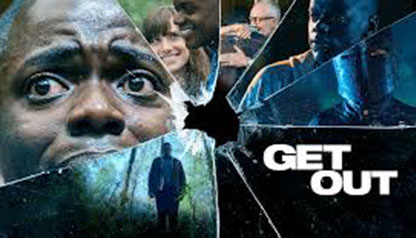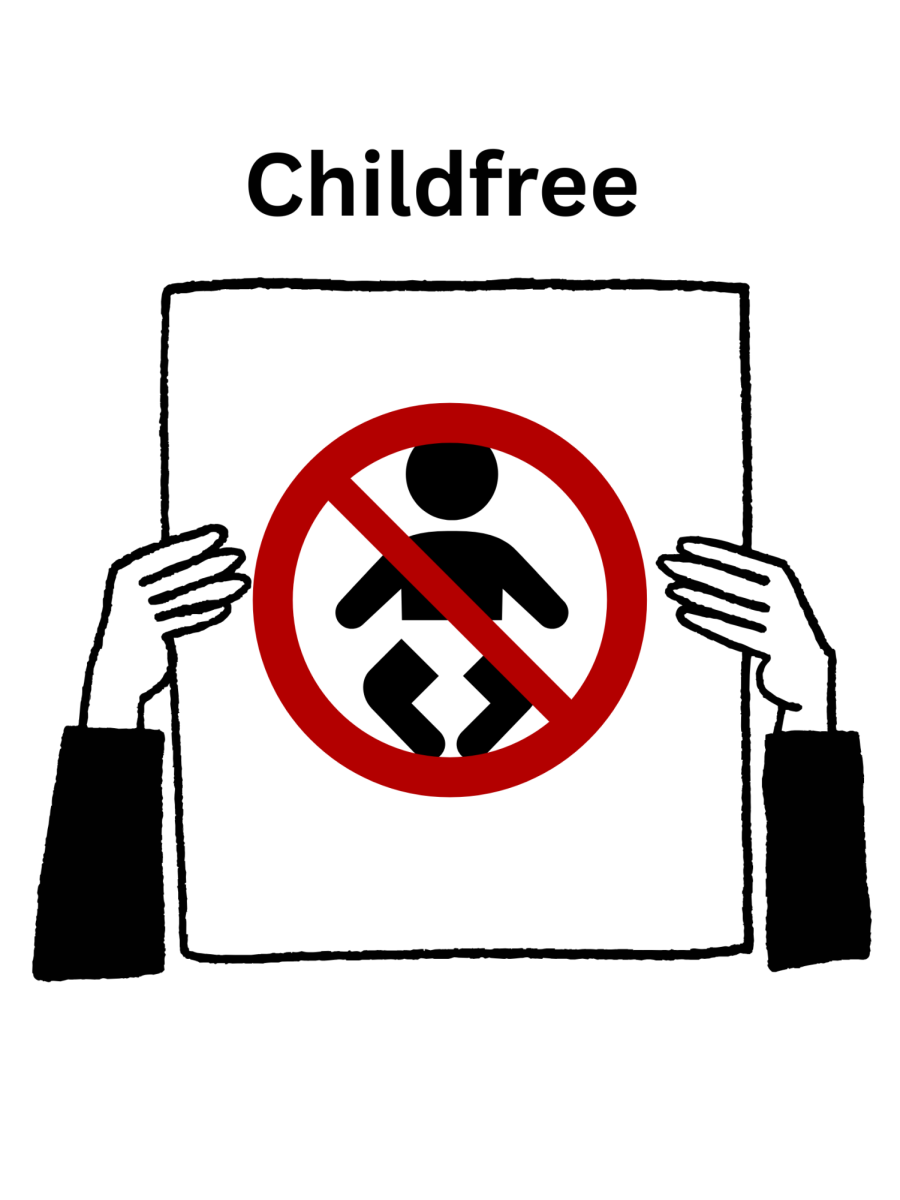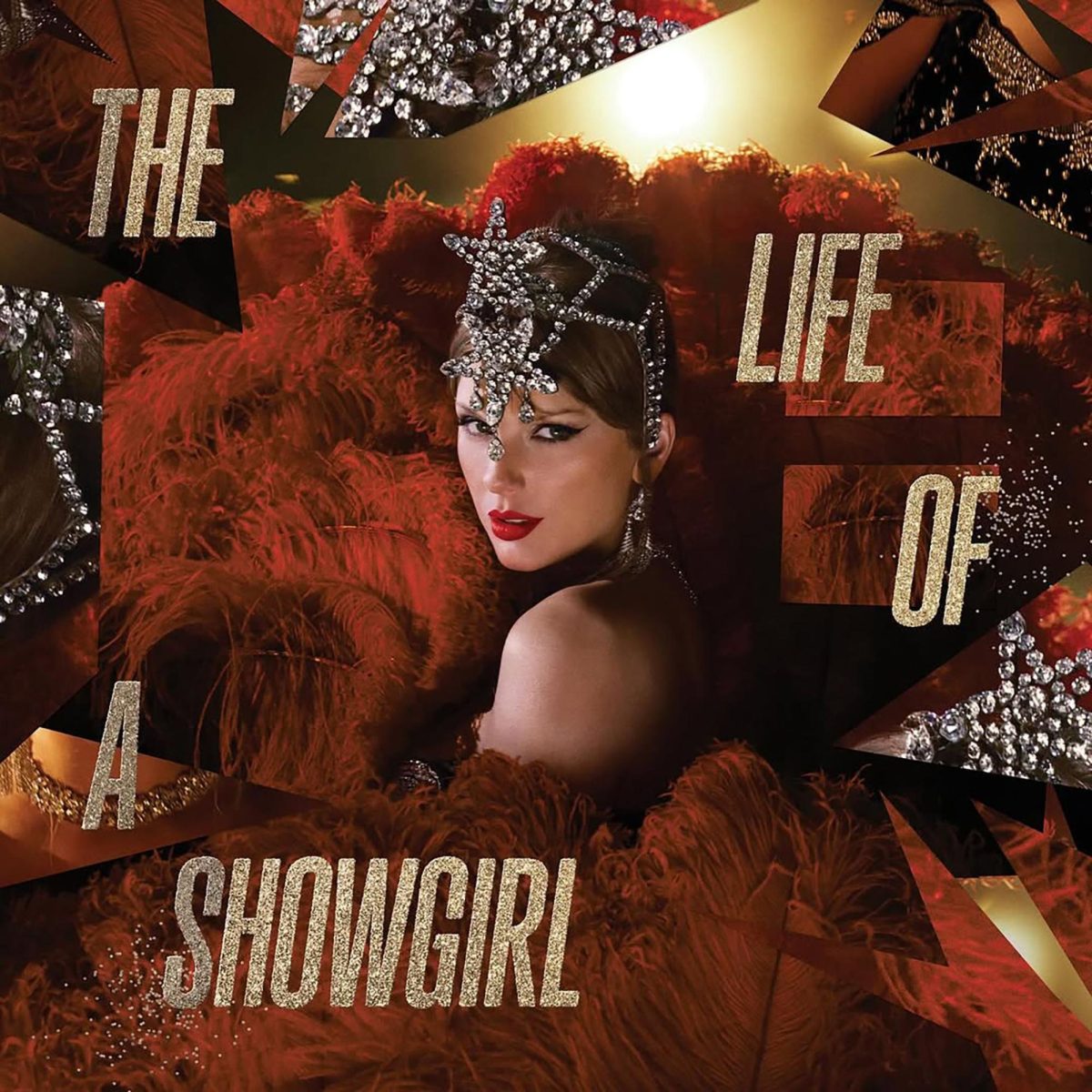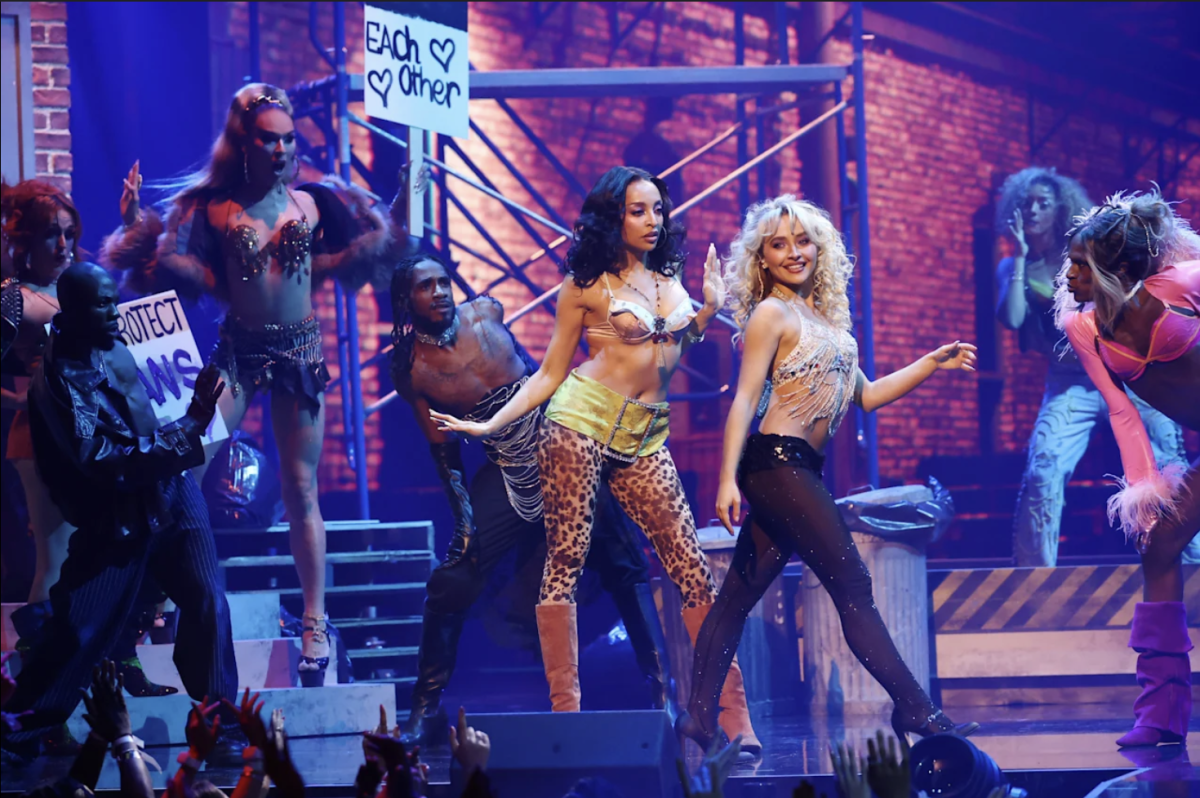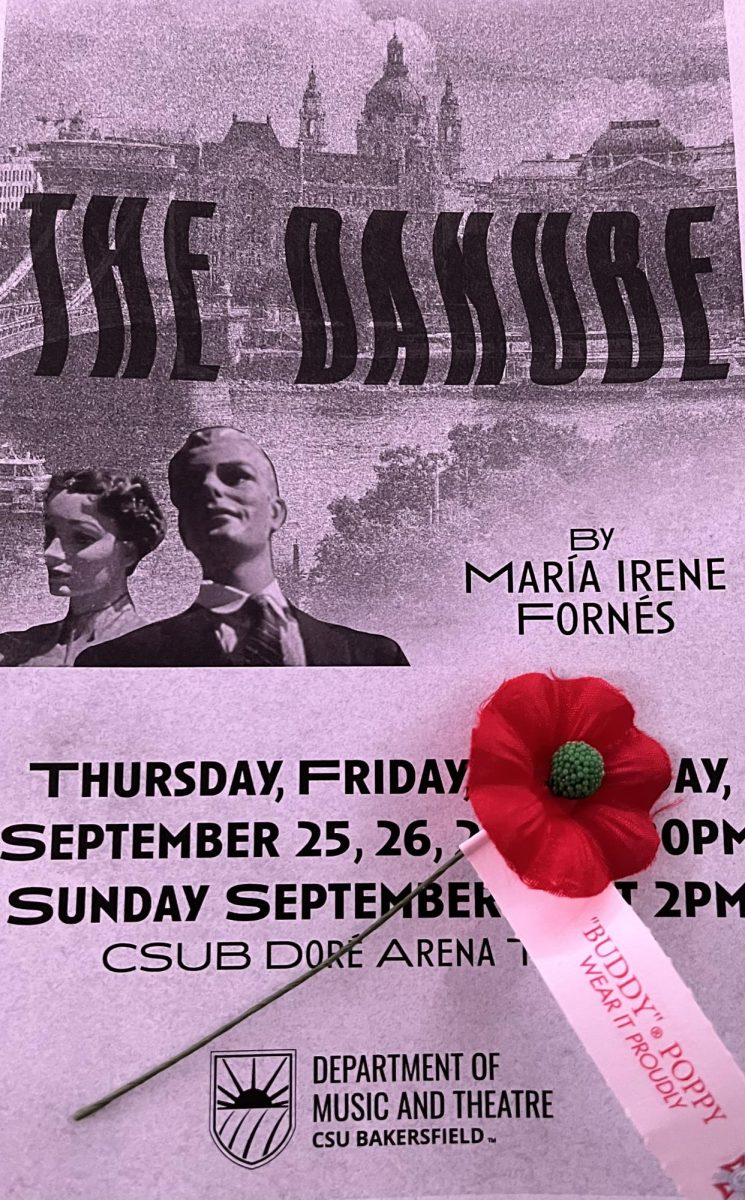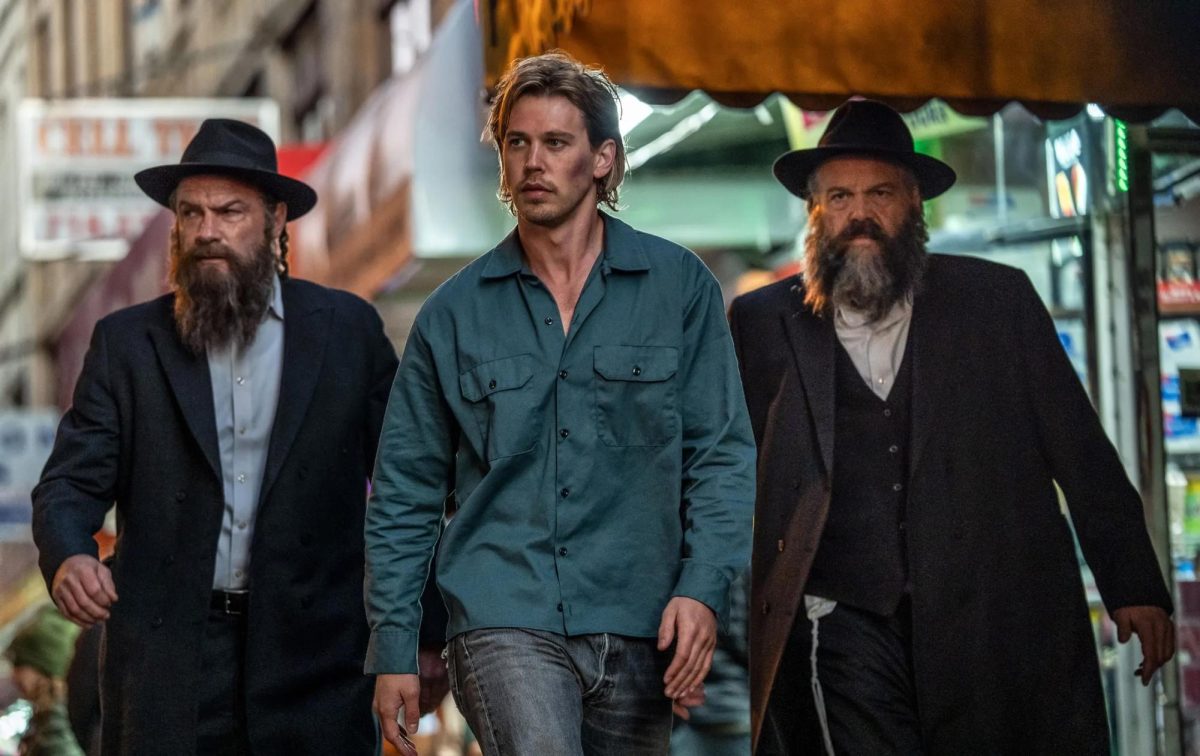Reporter
If you’ve ever dated anyone, you know that the hardest part is meeting your in-laws, and that’s just the case in Jordan Peele’s film “Get Out.”
It’s no secret that “Get Out” has gotten attention for the fact that Peele became the first black writer-director to make $100 million from his debut feature. Peele’s horror-satire film cost just $4 million to produce, yet took in $33.3 million on its opening weekend, and those numbers continue to rise.
That is a big accomplishment on its own, but Peele also managed to call white people out on their racist thoughts and words in a humorous and real way.
“Cultural appropriation shifts from ‘problematic’ to ‘horrific’ in writer-director Jordan Peele’s sharp take on the scary world of stuff white people like,” according to Rotten Tomatoes critic Matthew Lickona from the San Diego Reader.
The movie begins with a young black male (Keith Stanfield) talking on the phone while walking in the suburbs. A car passes him, then slowly turns around and begins to follow him.
The street is empty and quiet, so right off the bat, you know something is off. The situation escalates quickly, and it makes the suburbs out to be anything but safe, especially for black men.
And it’s not ironic that this opening looks a lot like the Trayvon Martin case with a young black man walking around minding his own business, only to be suspected to be up to no good by a white man.
In the movie, this scene is subtle yet powerful because of the innocence of a black man walking and being targeted by a stranger in a vehicle.
As for the protagonists, Chris Washington (Daniel Kaluuya) and his girlfriend, Rose Armitage (Allison Williams), were preparing to go and meet her parents for the first time. One red flag that instantly struck was that Rose had not told her parents that Chris was black.
The racial tension continues to grow with the interracial couple traveling to visit Rose’s white family, who lives in the backwoods of upstate New York in a plantation-style home with black groundskeepers, but this is all just the beginning.
Throughout the movie, Rose’s father, Dean Armitage (Bradley Whitford), announces that they will be hosting a bingo game.
Their game of bingo had the same structure as a slave auction, not only because how they used the bingo cards as their markers to “cast their bids,” but because there was a framed photo of Chris as the “auctioned slave.”
Another scene that pointed out racism is when Rose’s family had Chris tied up. This showed him pulling apart the couch and picking the cotton stuffing from it. The cotton stuffing was a reference to racism in the South.
And if that wasn’t obvious enough, another scene shows Rose in her room eating cereal and a glass of milk separately.
It’s probably safe to say that this means that you don’t mix colors with white, but that on its own is weird. Who eats cereal and milk separately at the same time?
“Get Out has its surface scars, but it’s what’s lingering beneath that’s most frightening: the sense that no matter where you turn, no matter how many people claim they’re on your side…they’re out to get you,” wrote Will Leitch from The New Republic.
This film is, at its essence, a thriller with a couple of jump scares, ominous sounds and gunshots, but Peele’s vision to inadvertently pander to the racist epidemic in this world was an important theme throughout the film.
If you haven’t seen “Get Out” yet, you should, and you’ll begin to understand the social media references and be even more afraid of being in an interracial relationship.
